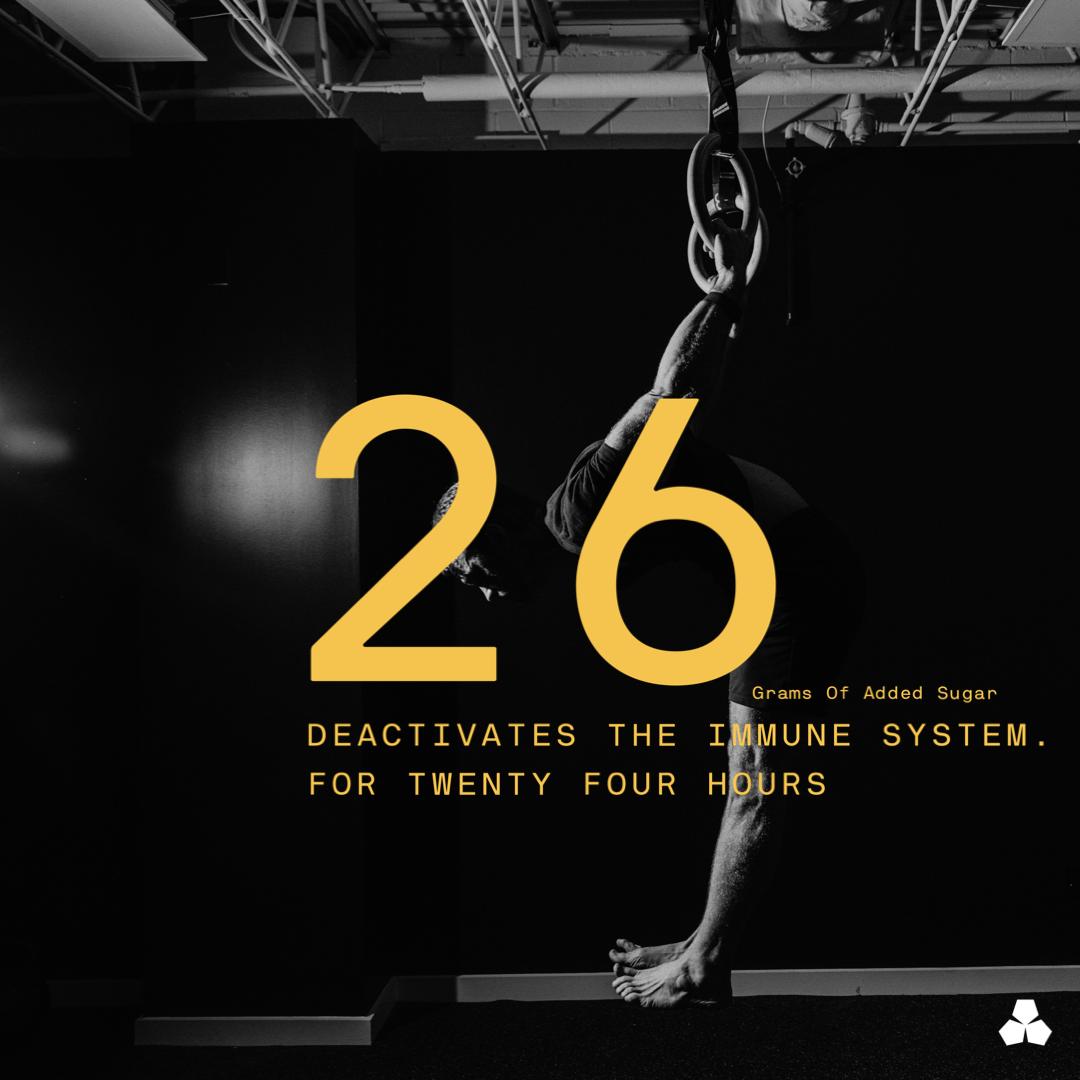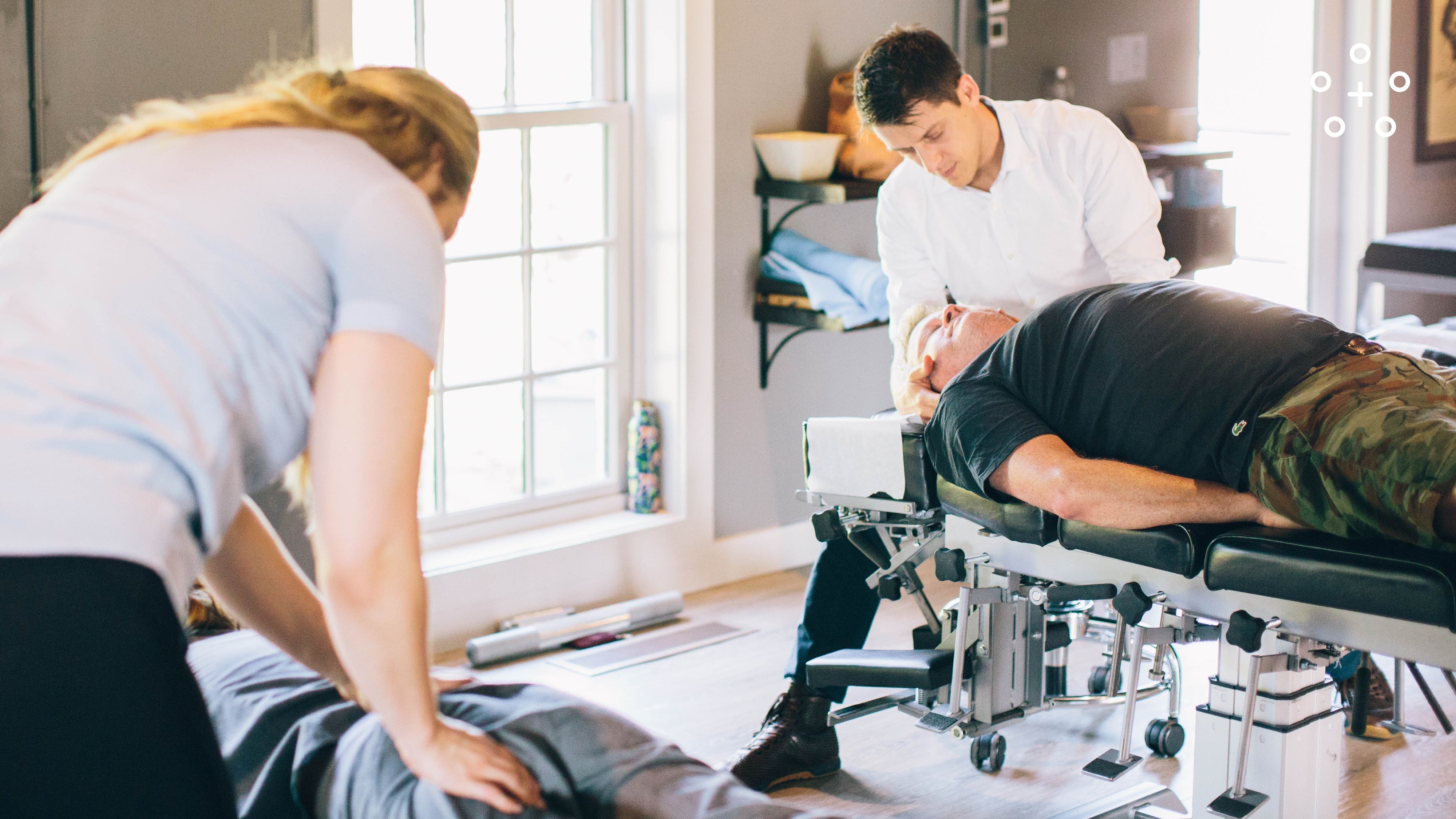In today’s world, many children and adults are being diagnosed as neurodivergent—a term that includes conditions like ADHD, autism, dyslexia, and more. But what if part of the story lies deeper in the nervous system’s development? For many individuals, unresolved issues in the brain-body connection—such as retained primitive reflexes, sensory processing disorder, and Irlen Syndrome—could be contributing to their daily challenges.
Understanding how these pieces connect can lead to more targeted, effective support.
🌱 What Is Neurodivergence?
Neurodivergence refers to variations in the human brain that affect attention, learning, mood, and social functioning. Common neurodivergent conditions include:
-
ADHD
-
Autism Spectrum Disorder (ASD)
-
Dyslexia and other learning differences
-
Sensory Processing Disorder (SPD)
While these diagnoses are often categorized separately, the brain does not work in isolated boxes. Many underlying neurological patterns—especially from early development—can influence multiple areas of functioning.
🧠 The Role of Primitive Reflexes in Development
Primitive reflexes are automatic movements controlled by the brainstem, designed to help infants survive and begin developing the nervous system. These reflexes should integrate (fade away) as higher brain centers take over.
But when these reflexes are retained beyond infancy, they can interfere with:
-
Posture and muscle tone
-
Balance and coordination
-
Emotional regulation
-
Attention and focus
-
Reading and writing
Retained primitive reflexes are extremely common in neurodivergent individuals and those with SPD—yet are rarely evaluated during traditional assessments.
👣 What Is Sensory Processing Disorder?
Sensory Processing Disorder affects how the brain interprets and responds to sensory information—sights, sounds, touch, movement, and more.
Signs of SPD include:
-
Avoiding or craving sensory input (touch, noise, textures)
-
Meltdowns in busy environments
-
Poor balance or clumsiness
-
Trouble focusing or sitting still
-
Overwhelm with clothing or food textures
SPD is not just about the senses—it’s often a sign of an underdeveloped nervous system, especially when linked with retained reflexes or delayed motor milestones.
👓 Irlen Syndrome: A Hidden Visual Processing Challenge
Irlen Syndrome is a little-known but impactful condition that affects how the brain processes visual information. It can cause:
-
Words to move or blur on the page
-
Light sensitivity
-
Headaches from reading or screen time
-
Poor attention during schoolwork
-
Misjudging space or depth
Many individuals with Irlen Syndrome are misdiagnosed with ADHD or dyslexia because their visual stress is not detected in standard eye exams.
Irlen Syndrome is frequently found in people with autism, ADHD, SPD, and learning difficulties, making it a crucial piece of the neurodivergent puzzle.
🧩 Putting the Pieces Together
When someone struggles with learning, behavior, or focus, it's easy to treat the surface symptoms. But when we look deeper into brain development, we often find a combination of:
-
Retained primitive reflexes
-
Sensory processing dysfunction
-
Visual processing issues like Irlen Syndrome
These aren’t separate issues—they often overlap, compounding stress on the nervous system and making daily life harder than it needs to be.
Understanding this allows us to work from the bottom up—starting at the brainstem and building better connections that support the whole person.
💡 What Can Be Done?
The good news? There are targeted, non-invasive ways to support brain development at any age:
✅ Reflex integration exercises
✅ Sensory-based therapies
✅ Vagal tone stimulation
✅ Irlen Syndrome screenings and lens support
✅ Brain-based programs tailored to the individual’s needs
These approaches can dramatically improve emotional regulation, attention, learning, and overall well-being—especially when combined with lifestyle support like movement, nutrition, and sleep.
📣 You Don’t Have to Navigate This Alone
If your child—or you—are struggling with focus, behavior, learning, or sensory overload, it may be more than a label or diagnosis. Let us help you uncover the neurological roots and create a plan for meaningful change.
At Archetype, we specialize in connecting the dots others may miss—because real healing starts with understanding the whole brain.




